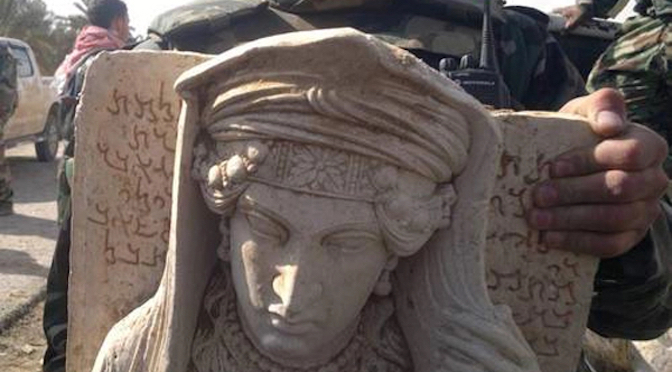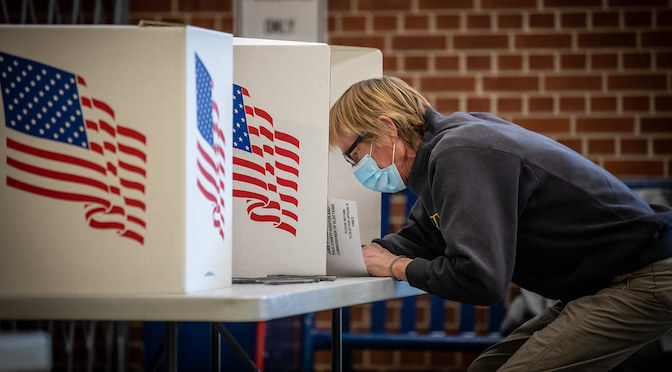In an era when cyberattacks are becoming ever more prevalent, there is a growing demand for private companies to “hackback” to deter and defend against attacks. But federal law precludes them from doing so. Sam Parker addresses the risks and benefits of allowing companies to respond to cyber-threats by going on the offensive and analyzes… Continue reading Shot in the Dark: Can Private Sector “Hackbacks” Work?
Category: Vol. 13 No. 1
ISIL as Salesmen? The Roles of Due Diligence and the Good Faith Purchaser in Illicit Artifact Trafficking
Looting and pillaging have been an aspect of warfare for millennia. Art theft, antiquities looting, and artifact trafficking is both profitable and easy, especially in countries where much of the ancient world is not yet excavated. This trade has served to fund many syndicates around the world over the last century, most recently becoming the… Continue reading ISIL as Salesmen? The Roles of Due Diligence and the Good Faith Purchaser in Illicit Artifact Trafficking
On the Precipice: Democracy, Disaster, and the State Emergency Powers That Govern Elections in Crises
In times of crisis, states may grant their executives emergency powers that can be expansive in scope often with few, if any, legislative or statutory safeguards. When elections overlap with emergencies, as happened in 2020 when the US presidential election coincided with the Coronavirus pandemic, state emergency statutes enable officials to modify the administration of… Continue reading On the Precipice: Democracy, Disaster, and the State Emergency Powers That Govern Elections in Crises



